Year 1
The English curriculum is built around the three interrelated strands of language, literature and literacy. Teaching and learning programs should balance and integrate all three strands. Together, the strands focus on developing students' knowledge, understanding and skills in listening, reading, viewing, speaking, writing and creating. Learning in English builds on concepts, skills and processes developed in earlier years, and teachers will revisit and strengthen these as needed.
In Year 1, students communicate with peers, teachers, known adults and students from other classes.
Students engage with a variety of texts for enjoyment. They listen to, read, view and interpret spoken, written and multimodal texts designed to entertain and inform. These encompass traditional oral texts including Aboriginal stories, picture books, various types of stories, rhyming verse, poetry, non-fiction, film, dramatic performances and texts used by students as models for constructing their own texts.
The range of literary texts for Foundation to Year 10 comprises Australian literature, including the oral narrative traditions of Aboriginal and Torres Strait Islander Peoples, as well as the contemporary literature of these two cultural groups, and classic and contemporary world literature, including texts from and about Asia. Literary texts that support and extend Year 1 students as independent readers involve straightforward sequences of events and everyday happenings with recognisably realistic or imaginary characters. Informative texts present a small amount of new content about familiar topics of interest and topics being studied in other areas of the curriculum. These include decodable and predictable texts which present a small range of language features, including simple and compound sentences, some unfamiliar vocabulary, a small number of high-frequency words and words that need to be decoded phonically, as well as illustrations and diagrams that support the printed text.
Students create a variety of imaginative, informative and persuasive texts including recounts, procedures, performances, literary retellings and poetry.
(source: www.australiancurriculum.edu.au)
Achievement Standard
Receptive modes (listening, reading and viewing)
By the end of Year 1, students understand the different purposes of texts. They make connections to personal experience when explaining characters and main events in short texts. They identify that texts serve different purposes and that this affects how they are organised. They describe characters, settings and events in different types of literature.
Students read aloud, with developing fluency. They read short texts with some unfamiliar vocabulary, simple and compound sentences and supportive images. When reading, they use knowledge of the relationship between sounds and letters, high-frequency words, sentence boundary punctuation and directionality to make meaning. They recall key ideas and recognise literal and implied meaning in texts. They listen to others when taking part in conversations, using appropriate language features and interaction skills.
Productive modes (speaking, writing and creating)
Students understand how characters in texts are developed and give reasons for personal preferences. They create texts that show understanding of the connection between writing, speech and images.
They create short texts for a small range of purposes. They interact in pair, group and class discussions, taking turns when responding. They make short presentations on familiar topics. When writing, students provide details about ideas or events, and details about the participants in those events. They accurately spell high-frequency words and words with regular spelling patterns. They use capital letters and full stops and form all upper- and lower-case letters correctly.
(source: www.australiancurriculum.edu.au)
- Plus Plan
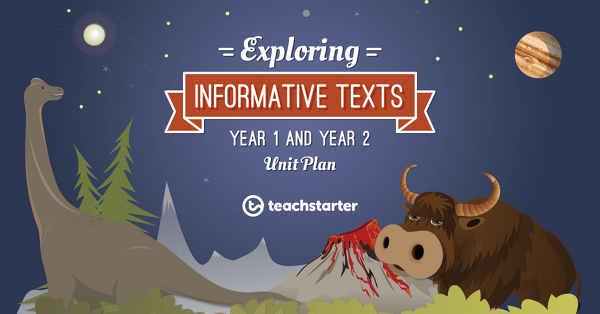
Animal Information Report - Modelled Writing
A 60 minute lesson in which students will jointly construct a simple information report about an animal.
- Plus Plan
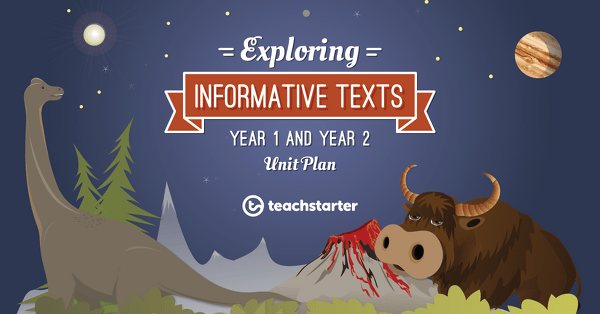
Informative Texts - Text Structure
A 60 minute lesson in which students will identify and explore the structure of information reports.
- Plus Plan
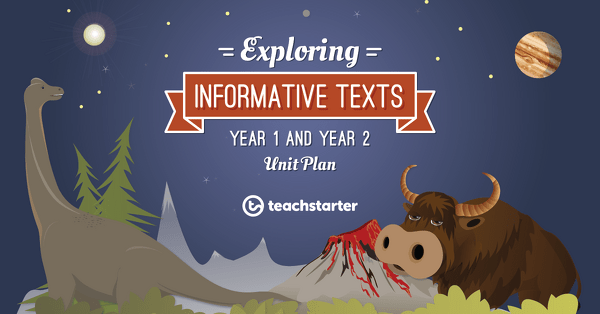
Just the Facts!
A 60 minute lesson in which students will use facts to describe people, places, animals and objects.
- Plus Plan
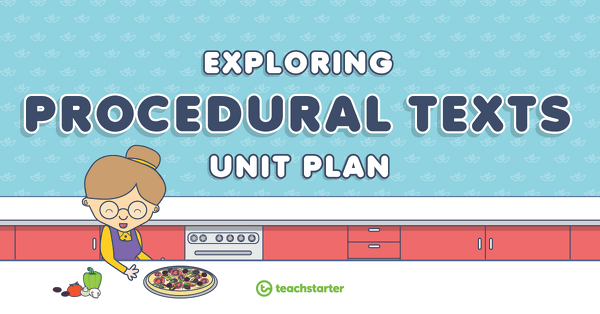
Publishing a Recipe Book
A 60 minute lesson in which students will publish a simple recipe for bush stew.
- Plus Plan
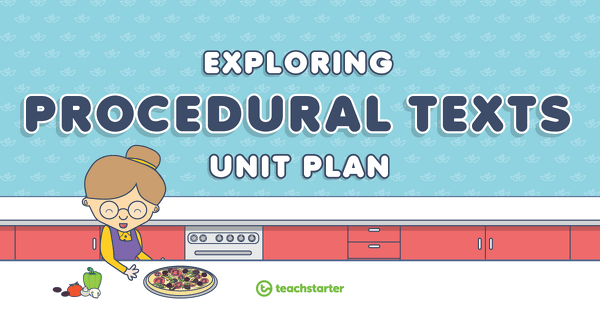
Independent Writing - How to Make Bush Stew
A 60 minute lesson in which students will independently write a recipe for bush stew.
- Plus Plan
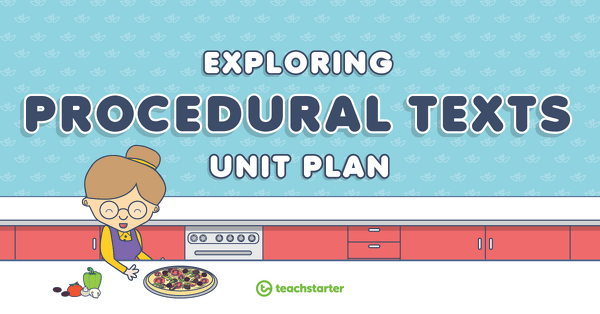
Guided Writing - How To Make Fruit Salad
A 60 minute lesson in which students will jointly construct a simple recipe for fruit salad in small groups.
- Plus Plan
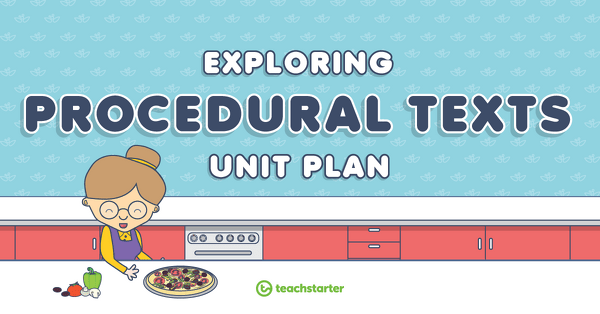
Simon Says!
A 60 minute lesson in which students will explore action verbs, common nouns and adverbial phrases in procedures.
- Plus Plan
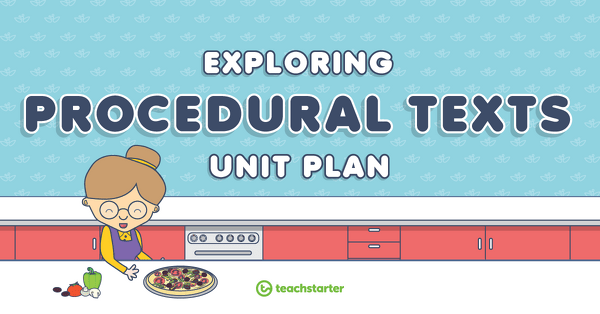
Instruct Me!
A 60 minute lesson in which students will explore how procedures provide instructions about completing a task.
- Plus Plan
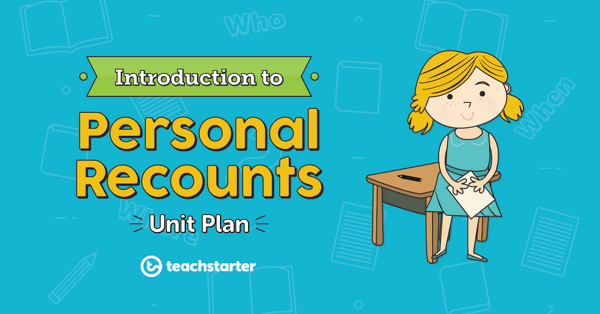
Personal Recounts - Independent Writing
A 60 minute lesson in which students will independently construct a simple personal recount about a familiar experience.
- Plus Plan
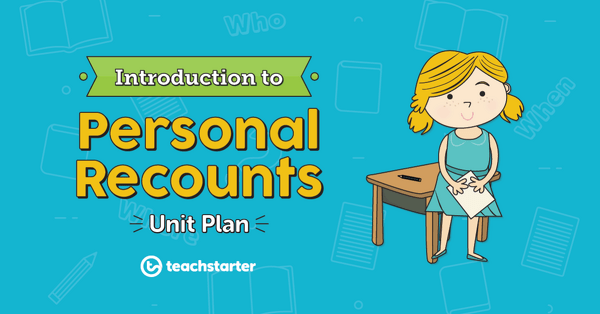
Personal Recounts - Shared Writing
A 60 minute lesson in which students will construct a simple personal recount about a familiar experience in pairs.
- Plus Plan
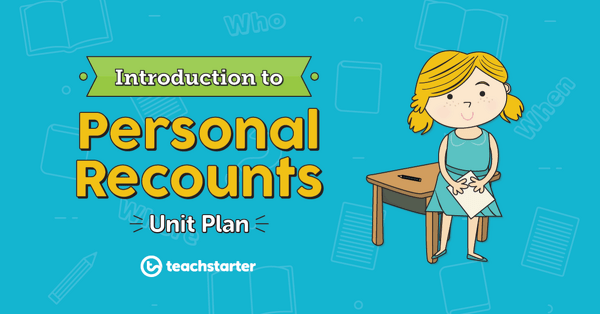
Personal Recounts - Modelled Writing
A 60 minute lesson in which students will jointly construct a simple personal recount about a familiar experience.
- Plus Plan
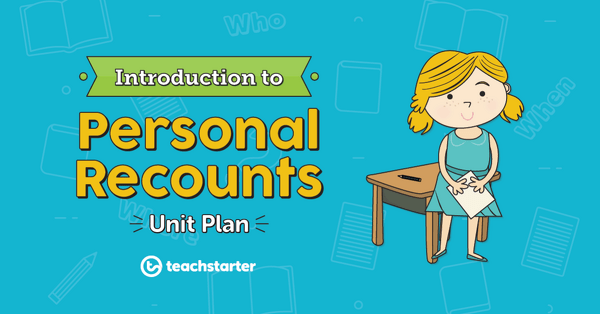
Adding Detail Using Emotion Words
A 60 minute lesson in which students will investigate how emotion words can add detail to a personal recount.
- Plus Plan
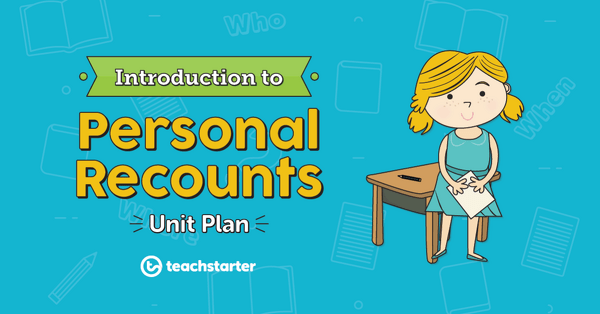
Adding Detail Using Describing Words
A 60 minute lesson in which students will investigate how descriptive words, such as adjectives, can add detail to a personal recount.
- Plus Plan
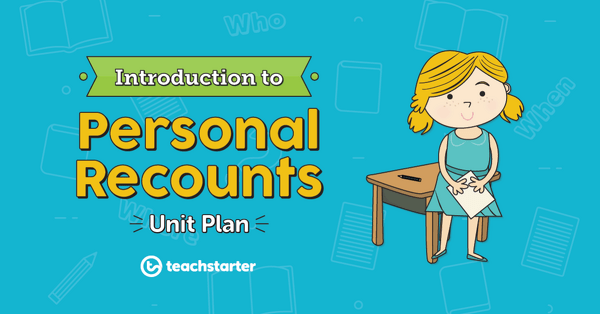
Action Verbs in Simple Past Tense
A 60 minute lesson in which students will investigate how action verbs can be expressed in simple past tense.
- Plus Plan
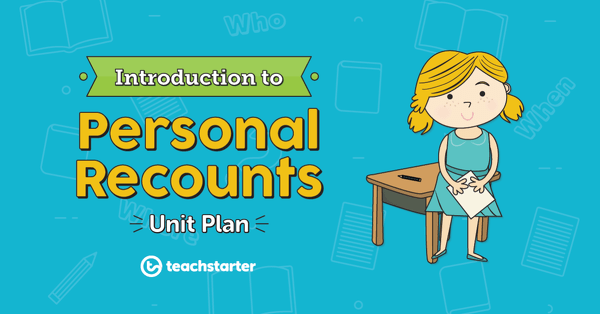
Personal Recounts - Text Structure
A 60 minute lesson in which students will identify and explore the structure of personal recounts.
- Plus Plan
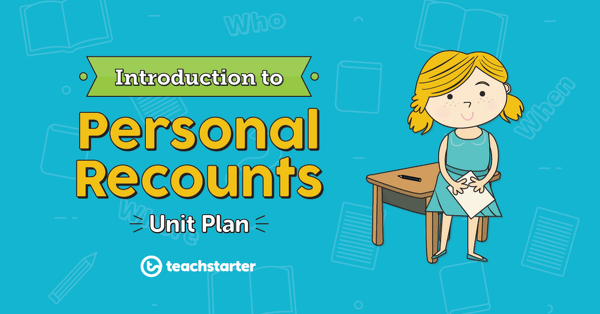
On the Weekend
- Plus Plan
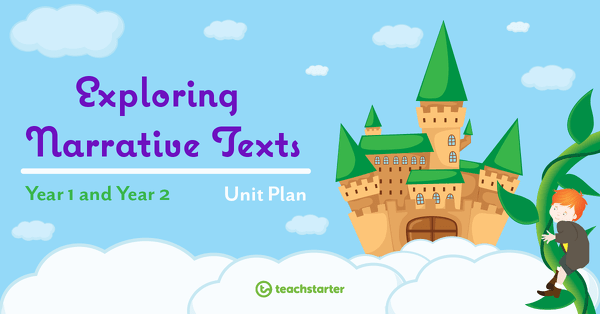
Creating a Fairy Tale Setting
A 60 minute lesson in which students will develop a setting for a fairy tale.
- Plus Plan
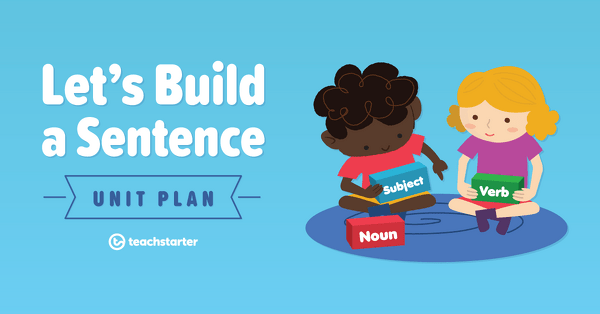
Let's Build a Sentence
A 60 minute lesson in which students will write simple and compound sentences.
- Plus Plan
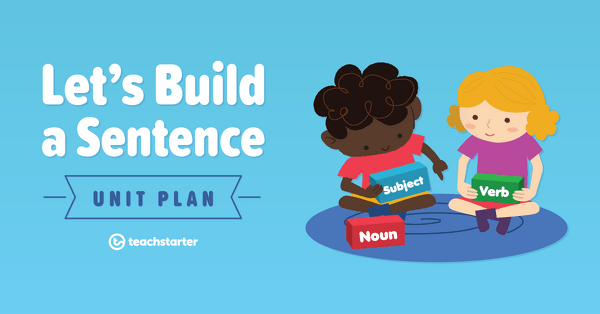
Building Simple Sentences
A 60 minute lesson in which students will build a simple sentence.
- Plus Plan
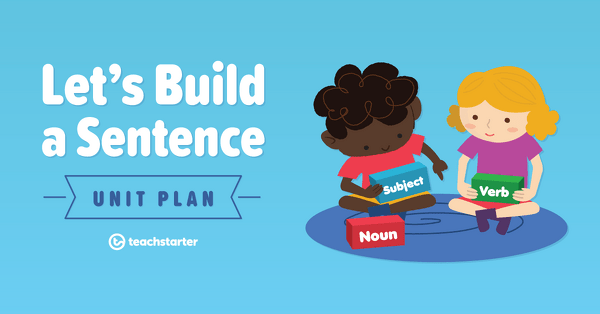
Very Important Verbs
A 60 minute lesson in which students will identify that a verb describes an action in clauses or sentences.
- Plus Plan
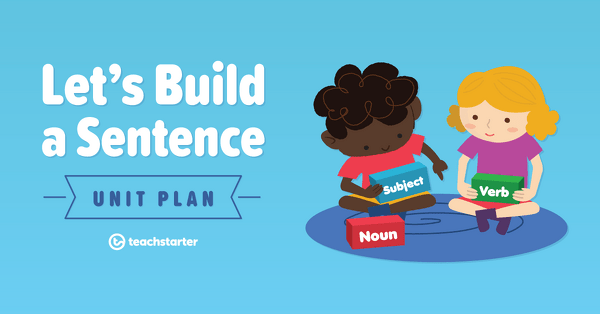
What is a Sentence?
A 60 minute lesson in which students will identify that a simple sentence is a group of words that contains a subject, a verb and expresses a complete thought.
- Plus Plan
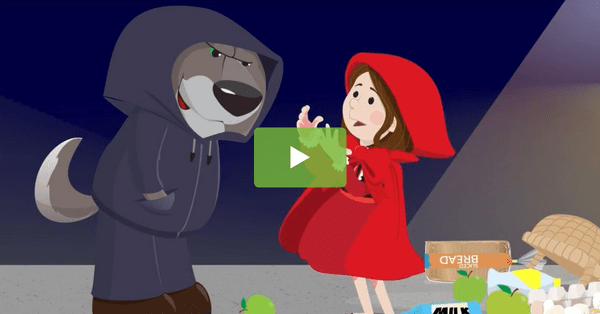
Little Red Riding Hood Story Video
Introduce a fresh version of the Little Red Riding Hood story to your students with this animated video perfect for younger students.
- Plus Plan
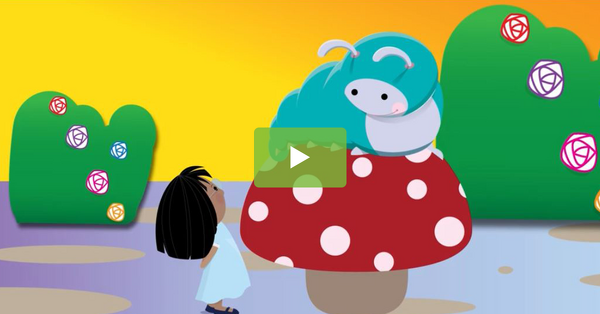
Alice in Wonderland Story Video
Introduce the story of Alice in Wonderland to your students with this animated fairy tale video perfect for younger students.
- Plus Plan
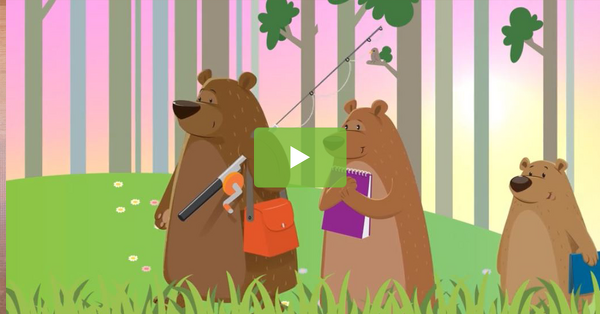
Goldilocks and the Three Bears Story Video
Explore the story of Goldilocks and the Three Bears with your students using this animated fairy tale video perfect for younger learners.
- Plus Plan
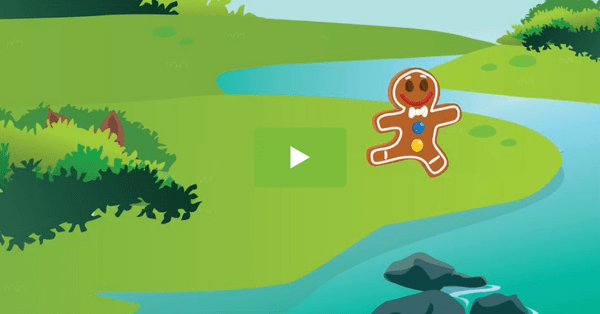
The Gingerbread Man Story Video
Introduce the story of The Gingerbread Man to your students with this animated fairy tale video perfect for younger students.
- Plus Plan
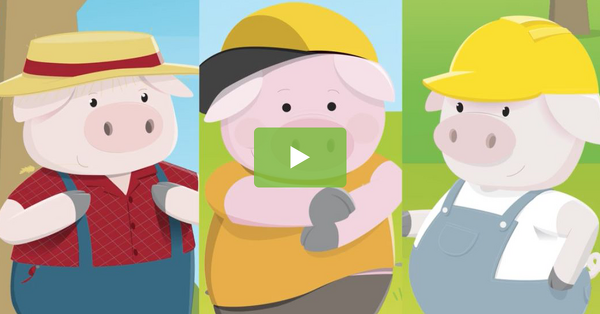
The Three Little Pigs Story Video
Explore the story of The Three Little Pigs with your students using this animated fairy tale video perfect for younger learners.
- Plus Plan
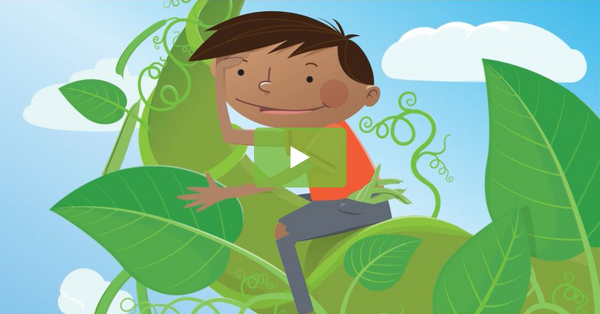
Jack and the Beanstalk Story Video
Introduce the Jack and the Beanstalk story to your students with this animated fairy tale video perfect for younger students.
- Plus Plan
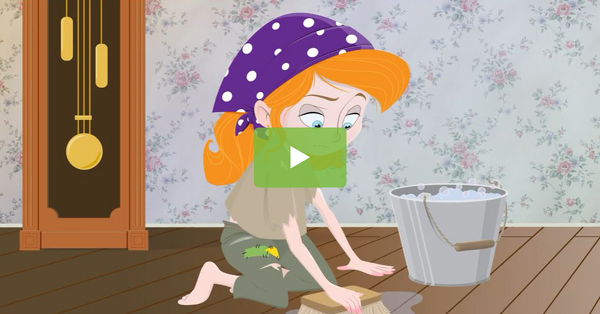
Cinderella Story Video
Explore the story of Cinderella with your students using this animated fairy tale video perfect for younger learners.
- Plus Plan
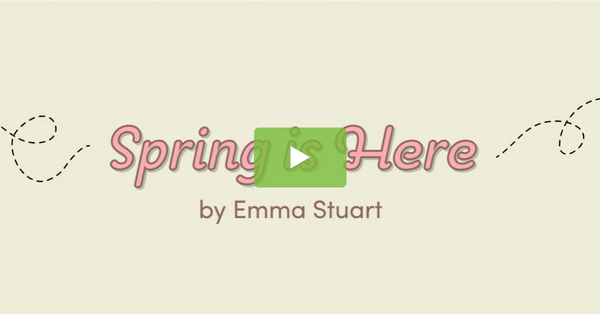
Spring Is Here – Animated Poem Video
Use this spring poem with your students to welcome in the season of springtime.